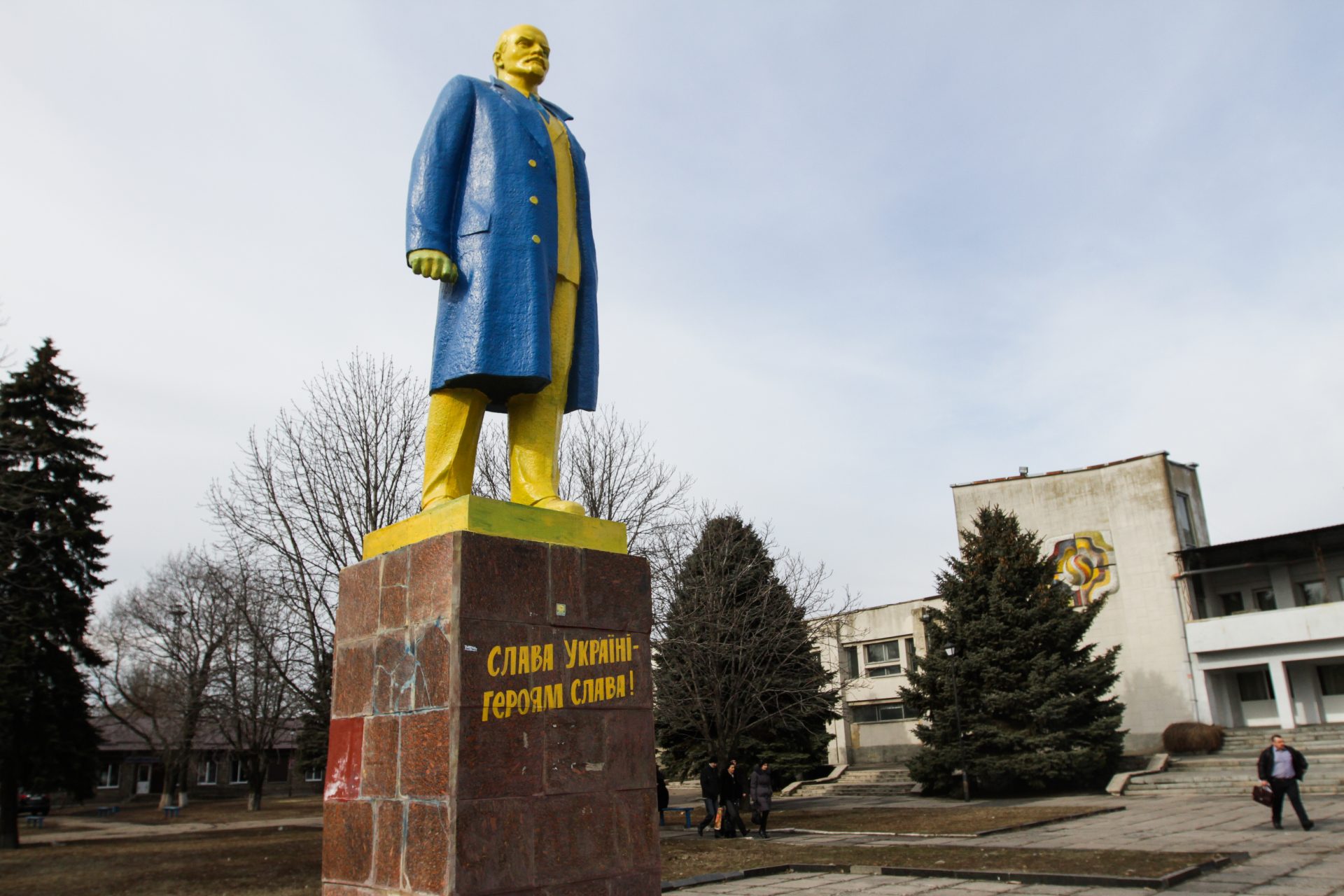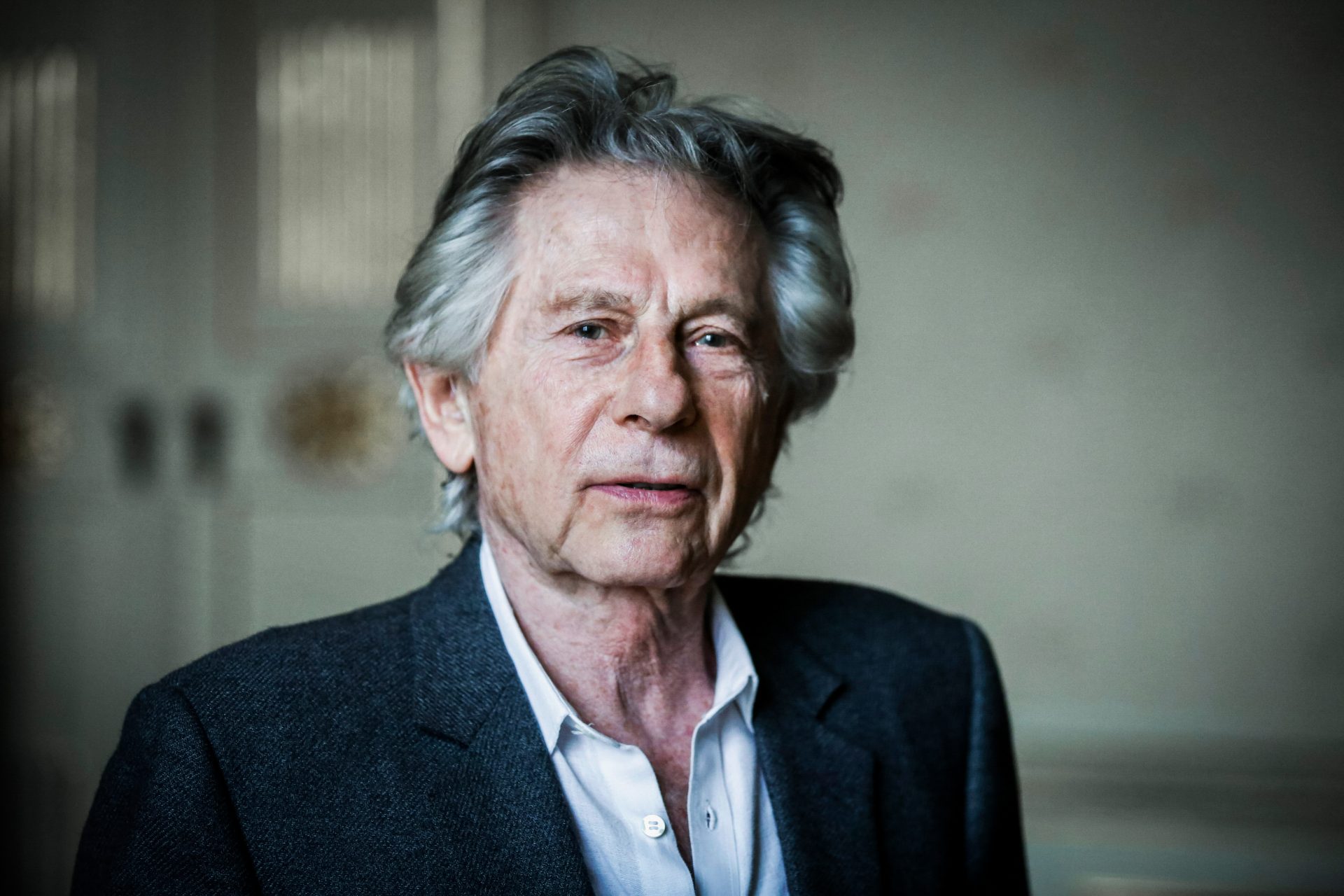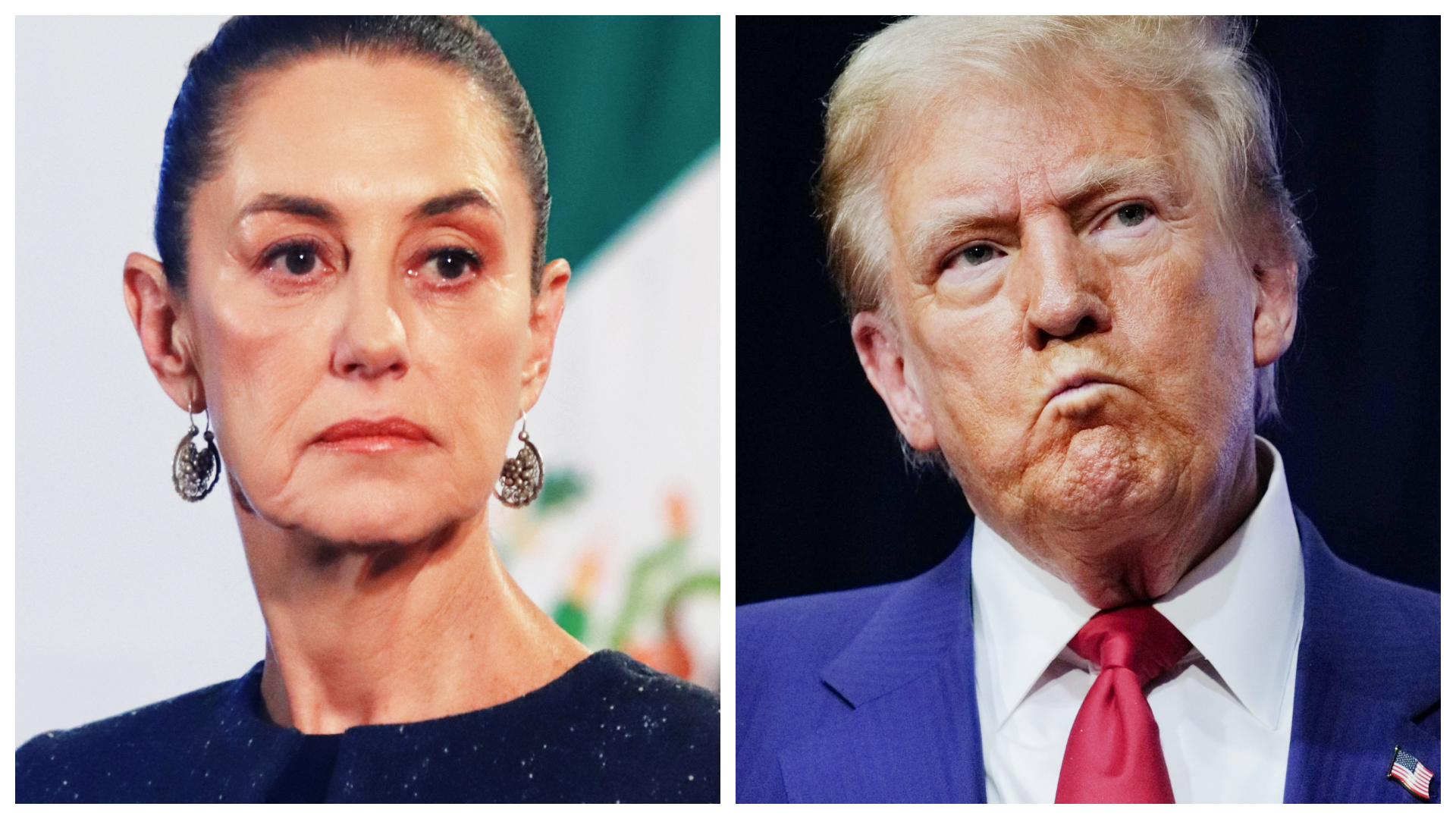Happy the elephant will stay in the Bronx Zoo after New York top Court ruled she’s not legally a person
An Asian elephant named Happy, that has been at the Bronx Zoo for more than 40 years, will remain there after New York’s highest court ruled on Tuesday that she is not a person, in a legal sense, and therefore not entitled to a fundamental human right.
By a 5-to-2 vote, the Court of Appeals rejected the NGO Nonhuman Rights Project’s argument that Happy was being illegally detained at the zoo and should be transferred to a more natural environment.
The dispute hinged on whether the cornerstone legal principle of habeas corpus, which people assert to protect their bodily liberty and to contest illegal confinement, should be extended to autonomous, cognitively complex animals like elephants. The court said no.
Animalists have long been denouncing the cruelty of elephants like Happy (and other specimens) being confined alone within a space of one acre that "cannot meet the needs of any elephant", according to the NGO Elephant Voices.
Bronx Zoo elephants like the one in the picture are separated and put in solitary confinement to avoid disputes between them and the young from being injured.
Elephants are very social animals, they build communities with rules of coexistence, they help each other, they have shared emotions... That is why the Nonhuman Rights Project denounced Happy's situation as "illegal imprisonment".
Image: David Heiling/Unsplash
Females in particular conform a family of elephants, as when males reach puberty, they break away from their families to live a predominantly nomadic and solitary life.
Nonhuman Rights Project argued that the Bronx Zoo is a prison for Happy. The NGO was fighting for her "legal personhood and right to liberty under New York common law."
The legal argument used by Nonhuman Rights Project was that elephants are cognitively complex, autonomous and self-aware to the point of resembling human beings in many of their characteristics.
Image: Nam Anh / Unsplash
Among the human-like characteristics that elephants have, is the capacity to experience severe emotional suffering. This is why the NGO requested the end of what they called an "ilegal imprisonment".
"The Bronx Zoo takes excellent care of Happy and will continue to do so, along with all animals here at the zoo. Her well-being is assured by our dedicated staff and all the expertise they bring in providing excellent care for her for more than 40 years.", said a statement from the zoo.
An experiment was carried out with this elephant from the Bronx by placing a mirror in front of her. Researchers said she recognized herself since she touched a mark on her head caused by an old wound. It was a test of self-awareness.
Image: Inga Gezalian/Unsplash
The proximity between elephants and humans is also revealed in the subject of death. It has been observed that when an elephant dies, its family has evident attitudes of mourning and suffering and there is even a kind of "burial" ritual among some elephants.
Image: Mylon Ollila/Unsplash
They defended Happy being sent to a sanctuary, as it would be impossible for her to re-enter the natural habitat where she was born. That's because she has spent a lifetime in a zoo.
Image: Isaac Sloman
According to The Washington Post, Ken Manning, a lawyer for the Bronx Zoo, argued that Happy was neither suffering nor being held, and said that "freeing" her would imply that there was an "illegal detention", and this term can only apply to humans.
The Bronx Zoo also argues that although she spends most of her time alone, Happy interacts, at times, through the fence, with a nearby elephant.
But for animal advocates, Happy's situation is too similar to that of inmates in prisons like Rikers Island (said to be the worst prison in the US). Loneliness, isolation, a moment of socializing in the courtyard, going back to the cell...
The Nonhuman Rights Project wanted to release elephants from zoos around the world if the court accepted its argument.
A lot has been said about apes' resemblance to humans. Shouldn't they be freed too?
Image: Amy Reed/Unsplash
The heart of the matter is the discussion about whether the fate of all zoos is closure (because they are scientifically outdated and for moral reasons). That controversy is still open.
In a lengthy dissent, Judge Rowan D. Wilson said that the court had a duty “to recognize Happy’s right to petition for her liberty not just because she is a wild animal who is not meant to be caged and displayed, but because the rights we confer on others define who we are as a society.”
The ruling ended what appears to be the first case of its kind to reach so high a court. And while it keeps Happy where she is, the outcome is unlikely to end the debate over whether highly intelligent animals should be viewed as something other than things or property.
More for you
Top Stories



































